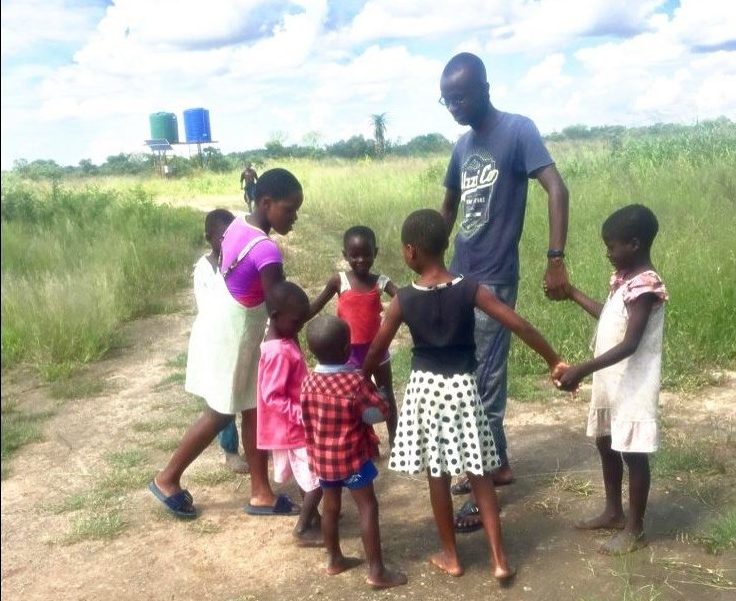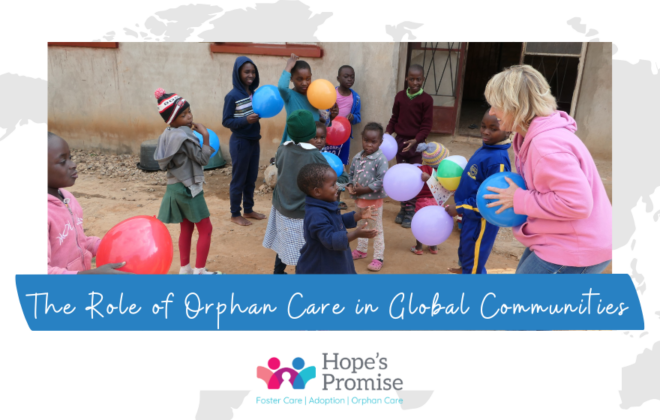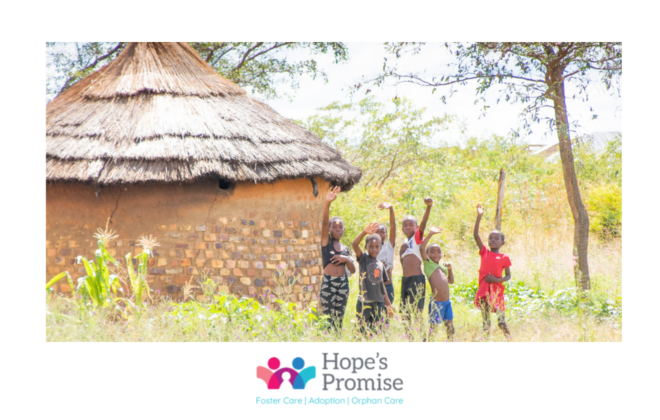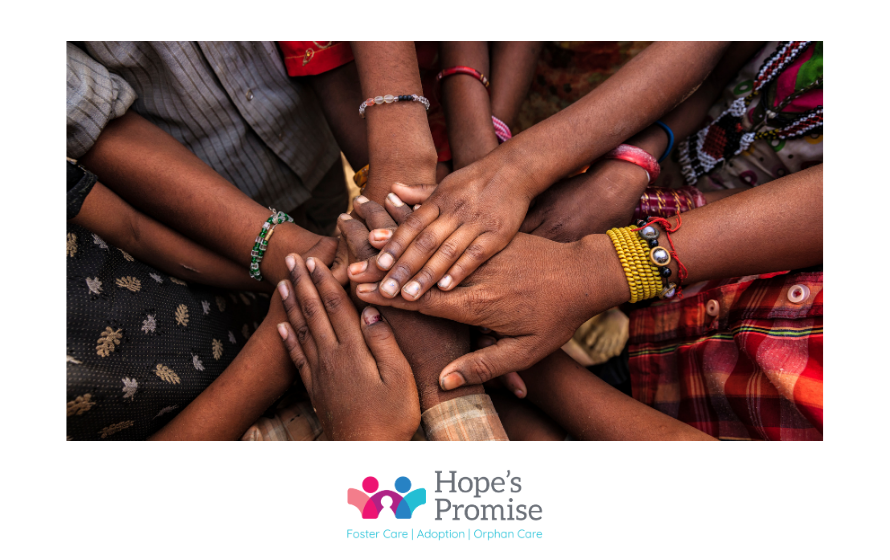Be Bold
By Colleen Briggs
Even before 2020, the poorest of the poor in Zimbabwe faced seemingly insurmountable odds. Some of those people, like Linda, lacking even a home after her husband died, fled to unoccupied stretches of land and constructed mud huts by hand. Even as Linda lost so much, though, she accumulated grandchildren as their parents died or fled to S. Africa in search of jobs, leaving “immigration orphans” in her care. For Linda’s family and one hundred other “squatters” subsisting on V-Farm, hope loomed as out of reach as normal life during a pandemic.
When challenges assail us, as many of us have discovered in the past year, it’s all too tempting to hunker down, shrink in tighter, and do our best to simply ride out the storm.
Stepping out boldly to take on more does not come naturally.
And yet some of the boldest people I know flourish amid some of the most mind-bending dangers and challenges.
People like Paul and Lydia, who dared to dream that a spattering of squatters could become a caring, connected community. Conditions on V-Farm began to change when they, with the blessing of a national church denomination and partnership with Hope’s Promise, turned their attention several years ago to the desolate stretch of land. Under their leadership, fields sprouted from the windswept soil. Greenhouses and chicken pens were constructed. Paul preached in a metal sheet church, inspiring care-worn souls. And Lydia, Hope’s Promise Zimbabwe Country Coordinator, identified caregivers who had been unable to pay school fees, like Linda. Hope’s Promise sponsorship helped children return to their studies.
When I visited V-Farm with Paul and Lydia in Jan 2020, hope hummed as warm as the sun on my back.
Then, the global pandemic invaded Zimbabwe, already pummeled by 95% unemployment. A national lockdown eliminated the only jobs available, those day laborers created for themselves. But Lydia refused to hunker down and focus on her own family’s survival. When Hope’s Promise US partners generously donated funds for emergency rent and food, Lydia boldly churned it back into the ministry. She financed the residents of V-Farm, including Linda, a greenhouse worker, to plant, tend, and harvest basic food supplies for all the Hope’s Promise families.
This cycle of compassion inspired another Hope’s Promise caregiver to step out boldly.
Karen already nurtured a niece and nephew in a tiny, three-bedroom home, shared with two other families, when lockdown eliminated her income as a day laborer. She and her family survived on the V-Farm produce. Still, she noticed a very sick friend struggling with even greater need. When Hope’s Promise miraculously received a grant to add six kids to the program in Zimbabwe (amid the economic challenges of the pandemic, no less!), she recommended her friend’s children. But she didn’t stop there. She welcomed one of the boys into her own family!
Under some of the harshest living conditions on earth, Zimbabweans like Paul, Lydia, Linda, and Karen are stepping out boldly to notice, give, and care for others. Challenges seem only to make them more bold. What if their examples were to inspire us? Help us choose not to be afraid or hoard our resources, but to step out boldly with even greater courage and generosity than in times of plenty?
What if we were to boldly join Zimbabweans in setting off a mighty, unstoppable cycle of compassion?
names changed to protect privacy




